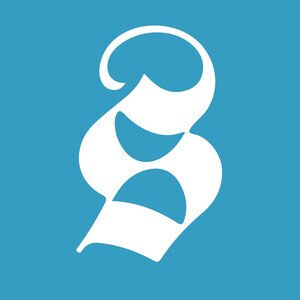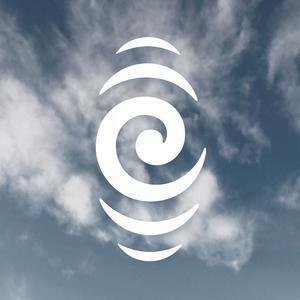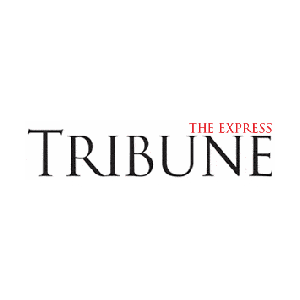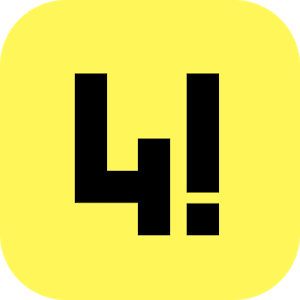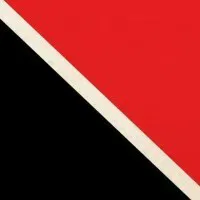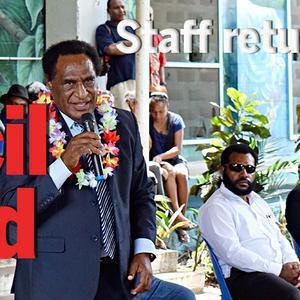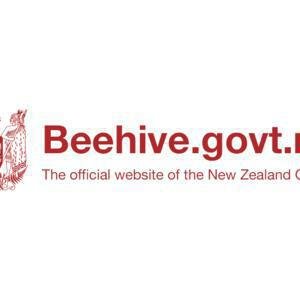- Papua New Guinea banned Facebook under the Anti-Terrorism Act of 2024, citing concerns over hate speech, pornography and online harm. The ban was enforced without informing the country’s IT regulator.
- Critics, including opposition leaders and small business owners, condemned the move, calling it excessive and a threat to digital freedoms. Many users have turned to virtual private networks to bypass the ban.
- The country has a history of Facebook restrictions, including a temporary ban in 2018 and an inquiry into misinformation in 2023.
Full Story
Papua New Guinea has banned Facebook in what it describes as a “test” to regulate online content and protect citizens from hate speech and pornography.
The country’s Police Minister Peter Tsiamalili announced that the restriction, which began on Monday, March 24, falls under the framework of the Pacific nation’s Anti-Terrorism Act of 2024.
He emphasized that the initiative aims to ensure responsible use of social media while preventing harmful content from spreading.
The government has the responsibility to protect its citizens from harmful content and the spread of misinformation. This was a necessary step to evaluate our capabilities in maintaining public order.
Peter Tsiamalili, Police Minister
Access to Facebook has been cut off for over a million estimated users in the country. However, local media reports suggest that many are bypassing the ban by using virtual private networks (VPNs).
Government cites safety concerns
“The unchecked proliferation of fake news, hate speech, pornography, child exploitation, and incitement to violence on platforms such as Facebook is unacceptable,” Tsiamalili stated. “These challenges increasingly threaten the safety, dignity, and well-being of our populace.”
He denied that the measure was an attempt to suppress free speech, instead calling on Facebook and other social media platforms to act responsibly. He also warned that the government would not hesitate to take decisive action if platforms were misused.
Critics condemn ban, citing violation of free speech
Despite the government’s justification, critics raised concerns over the ban’s sudden enforcement. Many small business owners rely on Facebook to connect with customers, and the disruption has sparked backlash.
Opposition Minister Allan Bird labeled the decision “draconian.”
There is no limit to the powers the minister of police can exercise under this new law. It is a draconian law designed to take away our freedoms. We are now heading into dangerous territory, and everyone is powerless to stop this tyranny.
Allan Bird, Opposition Minister
The ban was reportedly implemented without notifying the country’s own information and technology regulator, the National Information and Communication Technology Authority (NICTA). Initially, NICTA stated that the cause of Monday’s Facebook outage was unclear, according to Australia’s ABC News.
History of Facebook restrictions
In 2018, authorities imposed a one-month ban to root out fake profiles. Again, in 2023, the government launched an inquiry into what it called misinformation and harmful content on the platform.

